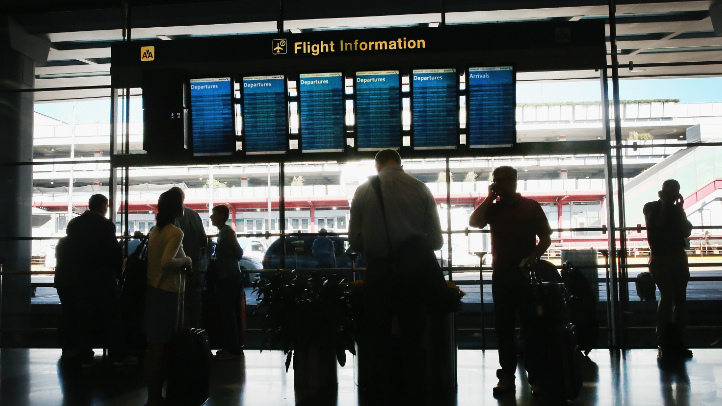Public officials typically don't take the stand in their own defense in public corruption cases, and with good reason. They tend to be guilty, and thus vulnerable to being torn apart on cross-examination.
Why, then, did former Streets and San commissioner Al Sanchez decide to testify in his own defense on Tuesday?
I'm not privy to the legal thinking of lawyer Thomas Breen, but he obviously thought he had more to gain than to lose.
After all, Dan Webb refused to put former governor George Ryan on the stand and Ryan is in prison. Thomas Durkin didn't put Robert Sorcih on the stand - didn't even mount a defense - and Sorich is in prison. There isn't much of a track record in cases like this that indicates keeping your client off the stand yields any better results than you might get from putting him on the stand. (Best to plead guilty like Eddie Vrdolyak and throw yourself on the mercy of a sympathetic judge overly impressed by letters of support.)
The tired defense that federal prosecutors are criminalizing politics hasn't worked for years, either. The Seventh Circuit Court of Appeals and the U.S. Supreme Court recently upheld the notion that fraud is fraud, political culture notwithstanding.
While certainly a risk, Sanchez testifying on his own behalf could win points with jurors who might otherwise be turned off by a defendant afraid to proclaim his innocence - regardless of any jury instructions emphasizing the right not to be judged for not taking the stand. Some defendants could even appear sympathetic telling their life stories, though the jowly, scowly Ryan wasn't a good bet in that department.
So Sanchez took the stand - as did his former aide and co-defendant, Aaron del Valle, because it would have looked funny if one defendant didn't testify while another did - and plied a defense that may not win him acquittal, but isn't entirely unplausible: It was somebody else's fault. And that somebody else? Sorich.
Local
"Did you have the ultimate hiring authority when you were Commissioner of Streets and Sanitation?" asked Breen.
"No," Sanchez replied.
"Who did?" Breen followed.
"IGA," Sanchez said.
IGA stands for Intergovermental Affairs, also known as the Mayor's Office of Intergovernmental Affairs, which at one time was run by Sorich.
I'm not sure the prosecution would argue the point, though IGA appeared to take direction from hiring lists submitted by Sanchez and others. Even if IGA had the "ultimate hiring authority" - and wouldn't Richard M. Daley have the ultimate hiring authority? - that doesn't mean Sanchez wasn't complicit in the schemes outlined persuasively by the feds.
On cross examination, Sanchez turned "testy," according to NBC5's Dick Johnson, as he insisted repeatedly that he had no hiring authority even though he was the Streets and San commissioner, which may be a defense of a sort, but just raises additional questions about just how things work in the Daley administration.
U.S. Attorney Patrick Fitzgerald looked on; he hasn't often had the chance to watch one of his targets on the stand.
Closing arguments are expected to begin tomorrow.



